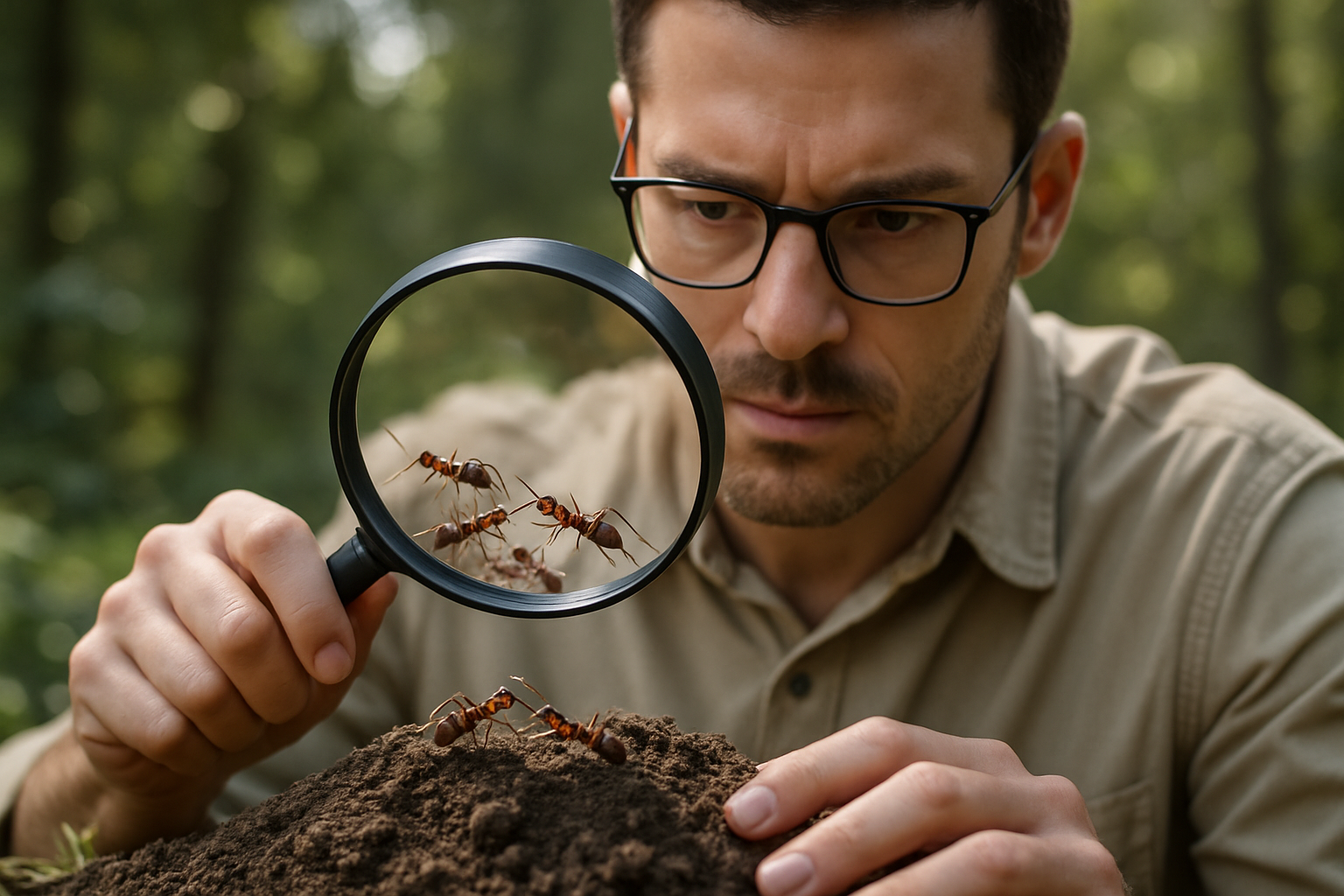The Transformative Power of Immersive Travel: A Deeper Dive into Authentic Experiences
Immersive travel is a growing trend that allows travelers to delve deeper into the local culture, traditions, and lifestyle of the places they visit. It's about more than just seeing the sights; it's about becoming a part of the destination, if only for a brief time. This trend is revolutionizing the travel industry and changing how we perceive, interact, and connect with places and people all over the world.

The Origins of Immersive Travel
Immersive travel is not a new concept. It has roots in the Grand Tour, a rite of passage for young aristocrats in the 17th and 18th centuries who traveled through Europe to experience different cultures. However, in the 21st century, the concept has evolved into a popular trend, driven by travelers seeking authentic experiences beyond conventional tourism.
This trend has been bolstered by advancements in technology, the rise of social media, and an increasing desire for personalized experiences. While the Grand Tour was limited to the elite, today’s immersive travel is accessible to a wider demographic, making global cultures more interconnected than ever before.
Current Trends in Immersive Travel
Immersive travel is a versatile trend that can take many forms. Some travelers prefer to volunteer abroad, immersing themselves in community projects to make a positive impact. Others might opt for learning holidays, where they acquire new skills related to the local culture, like cooking or traditional crafts.
Another popular trend is living like a local. This involves staying in residential areas rather than tourist hotspots, shopping at local markets, and engaging with local communities. Such experiences offer a deeper understanding of the destination and create lasting memories.
The Impact of Immersive Travel
Immersive travel has a transformative effect on both travelers and the communities they visit. For travelers, it offers a more profound, enriching experience. They gain a deeper understanding of the world, develop new skills, and form meaningful connections.
On the other hand, communities benefit from cultural exchange and economic support. Immersive travel encourages responsible tourism, as travelers are more likely to respect local norms and contribute positively to the local economy. However, it’s essential to approach immersive travel responsibly to minimize any negative impacts, such as overtourism or cultural exploitation.
The Research Behind Immersive Travel
Studies suggest that immersive travel experiences can contribute to personal growth and development. A 2016 study published in the Journal of Travel Research found that immersive experiences positively influenced travelers’ emotional well-being and satisfaction. In addition, a 2019 study in the Journal of Sustainable Tourism suggested that immersive travel could foster more responsible tourist behavior.
The Practical Side of Immersive Travel
-
Research is crucial. Understanding local customs and norms before you arrive can enhance your experience and ensure respectful interactions.
-
Choose your accommodation wisely. Homestays, local guesthouses, or vacation rentals in local neighborhoods can offer a more authentic experience than traditional hotels.
-
Participate in local activities. Whether it’s a cooking class, traditional dance lesson, or local festival, participating in local activities can provide a deeper understanding of the culture.
-
Learn the language. Even learning a few key phrases can go a long way in bridging cultural gaps and fostering connections.
In conclusion, immersive travel offers a richer, more meaningful way to explore the world. By immersing ourselves in local experiences, we can gain a deeper understanding of different cultures, contribute positively to local economies, and create memories that last a lifetime. As the travel industry continues to evolve, immersive travel is set to play a significant role in shaping the future of tourism.





